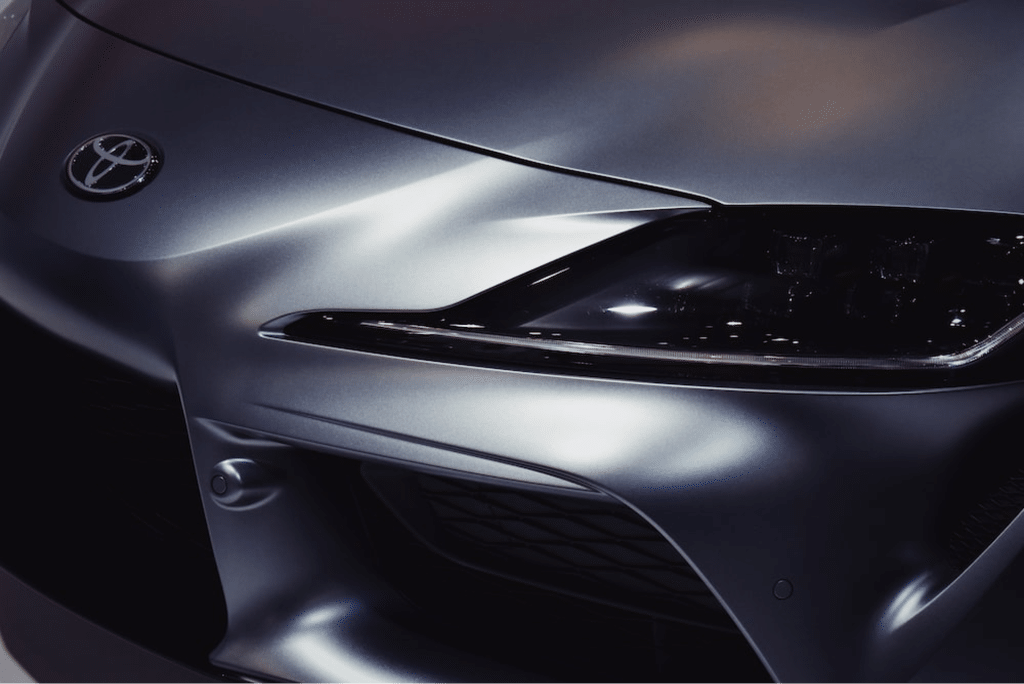Artificial intelligence (AI) has seen a significant uptake in popularity over recent years. One industry lagging behind in embracing this technology is the automotive industry – until now, that is.
Before we dive into the brands paving the way for AI technology in the automotive industry, let’s take a look at the kind of AI technology being embraced.
What is AI technology?
These days, AI has become a catch-all phrase – rightly or wrongly – to encapsulate all kinds of automation software. There is a huge distinction to be made between something like Robotic Process Automation (RPA) and Machine Learning (ML). RPA is sometimes called Rule-based Process Automation in that it requires pre-programmed rules in order to operate – unlike ML, it cannot learn by itself. As such, although RPA is often categorized as AI, it isn’t quite.
That said, applications of RPA are fruitful for those who do not want to use something like ML AI. RPA is often used to automate repetitive tasks in areas like customer service, logistics, finance, and HR. Further to this, the online casino at Paddy’s is paving the way for RPA applications in online gaming, using RPA to automate behind-the-scenes processes by coding it with around 100 rules to improve customer experience without affecting loading speeds or quality of the gameplay.
The automotive industry is starting to embrace is natural language processing (NLP). NLP uses ML programming to respond to prompts using text replies – the most popular and famous of which is Chat GPT (which stands for Generative Pre-trained Transformer. Here, we will take a look at two examples – Mercedes-Benz and Toyota.
Mercedes-Benz

Mercedes-Benz has announced that it’s introducing ChatGPT – combined with existing Microsoft software – into its in-vehicle Mercedes-Benz UX infotainment system. The AI will be operated using the onboard voice assistant, Hey Mercedes.
The initial roll-out will be offered to upwards of 900,000 vehicles in the USA in order to beta test the software over the next few months. The new offering can be accessed through the Mercedes Me app – or, whilst in the car, drivers can simply say “Hey Mercedes, I want to join the beta program”.
The aim of this AI integration is to assist with questions regarding navigation, weather forecasts, and so on, making the dialogue of the Hey Mercedes voice assistant more natural and intuitive. It will also allow the possibility of follow-up questions as part of a longer conversation, as opposed to several separate queries.
Toyota

Whilst Mercedes-Benz are using AI to make existing offerings more intuitive, Toyota are taking a wholly different approach. Instead, the Toyota Research Institute (TRI) has built a generative AI tool to assist designers in optimizing their car designs.
The AI tool is reported to assist designers by providing engineering constraints during the initial design stage, ensuring that both the engineering and design considerations are taken into account from the very beginning.
Another way the tool helps to produce an optimized design is by calculating potential aerodynamics based on the design whilst it is still merely a theoretical concept. This allows designers to reduce drag before any design is signed off, which will improve the fuel efficiency of the final design.
In the future, it is thought that the tool might be able to be utilized to assist Toyota in creating electric vehicles with optimized efficiency, too.
